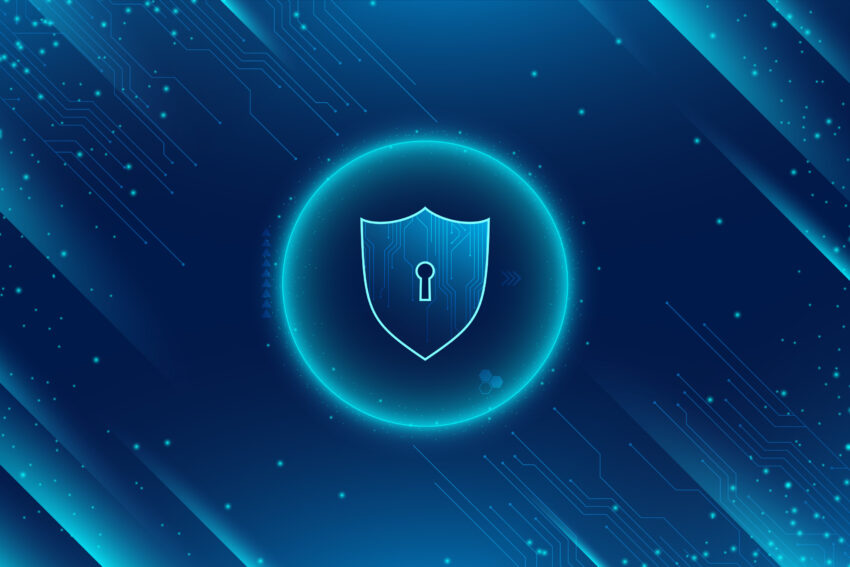In today’s digital age, our lives are increasingly intertwined with the internet. Whether we’re browsing the web, streaming our favorite shows, or conducting online transactions, we leave behind a digital footprint. At the core of this digital footprint is something called an IP address. But what is an IP address exactly?
An IP address, or Internet Protocol address, is a unique numerical identifier assigned to every device connected to a computer network. It serves as a virtual “address” that allows devices to communicate with each other over the internet. Every time you connect to the internet, whether through your smartphone, laptop, or any other device, you are assigned an IP address.

How is an IP address obtained?
There are two types of IP addresses: static and dynamic. A static IP address remains the same every time you connect to the internet, while a dynamic IP address changes periodically. Internet service providers (ISPs) assign IP addresses to their customers when they connect to the internet.
When you connect to the internet, your device sends a request to your ISP for an IP address. The ISP then assigns an available IP address from their pool of addresses. This IP address is then used to identify your device and facilitate communication with other devices on the internet.
The importance of protecting your IP address
Now that we understand what an IP address is and how it is obtained, let’s delve into the importance of protecting it. Your IP address is like a digital fingerprint that can reveal a lot about you and your online activities. It can disclose your approximate location, the websites you visit, and even your online identity.
What can someone do with your IP address?
With access to your IP address, malicious individuals or organizations can potentially gather a wealth of information about you. They can track your online activities, monitor your browsing habits, and even launch targeted attacks against your device or network.
Additionally, hackers can use your IP address to launch Distributed Denial of Service (DDoS) attacks. In a DDoS attack, a large number of compromised devices flood a target IP address with traffic, overwhelming it and causing it to become inaccessible. This can disrupt your online activities, compromise your internet connection, and even lead to financial losses if you rely on the internet for business purposes.
Risks associated with having your IP address exposed
Having your IP address exposed poses several risks to your online security and privacy. One major risk is the potential for targeted attacks. By knowing your IP address, hackers can specifically target your device or network with malware, phishing attempts, or other malicious activities. This can result in data breaches, financial losses, and even identity theft.
Another risk is the possibility of being tracked online. Advertisers and data brokers can use your IP address to build a profile of your online behavior and preferences. This information can then be used to serve targeted advertisements or sold to third parties, compromising your privacy and leaving you vulnerable to manipulative marketing practices.
How to protect your IP address
Now that we understand the risks associated with having our IP addresses exposed, it’s crucial to take steps to protect them. Here are some tools and techniques you can employ to defend your online security:
- Virtual Private Network (VPN): A VPN encrypts your internet traffic and routes it through a remote server, effectively masking your IP address. This ensures that your online activities remain private and secure.
- Proxy servers: Proxy servers act as intermediaries between your device and the internet. They can mask your IP address and provide an extra layer of anonymity.
- Firewalls: Firewalls act as a barrier between your device and the internet, monitoring incoming and outgoing traffic. They can help detect and block malicious attempts to access your IP address.
Common misconceptions about IP addresses and online security
There are several misconceptions surrounding IP addresses and online security that need to be debunked. One common misconception is that only individuals engaged in illegal activities need to worry about protecting their IP addresses. In reality, anyone who values their online privacy and security should take steps to safeguard their IP address.
Another misconception is that having a dynamic IP address provides sufficient protection. While dynamic IP addresses change periodically, they can still be tracked and associated with your online activities. It is essential to use additional tools and techniques, such as VPNs or proxy servers, to enhance your online security.
Conclusion: Taking control of your online security
In conclusion, understanding the risks associated with your IP address is crucial for safeguarding your online security and privacy. By taking proactive measures to protect your IP address, such as using VPNs, proxy servers, and firewalls, you can ensure a safer and more secure online experience.
Don’t wait until it’s too late. Take control of your online security today and protect your IP address from potential threats. Your digital footprint deserves to be kept private and secure.
CTA: Invest in your online security today and start protecting your IP address with a reliable VPN. Your privacy and peace of mind are worth it.
